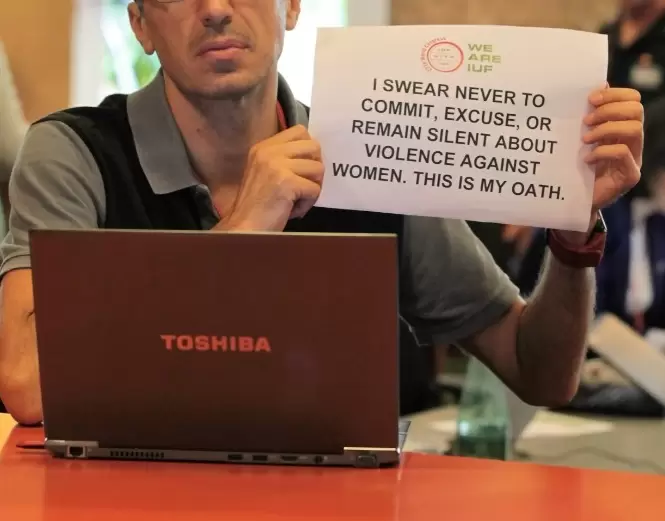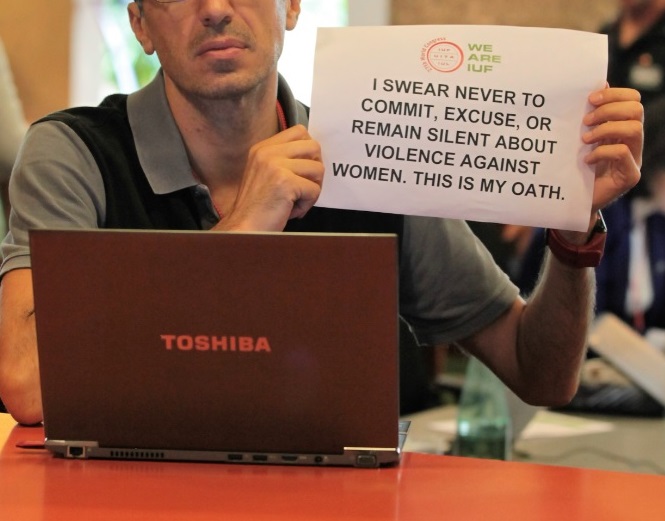We cannot let domestic violence accompany the spread of COVID-19

 During the last 12 months, more than one in five women in the world has been the victim of violence inflicted by their partner. The health, economic and social impact of the COVID-19 pandemic is making the situation worse. In just a few weeks, several countries have recorded a significant increase in cases of domestic violence, including France, Tunisia, Argentina and Singapore.
During the last 12 months, more than one in five women in the world has been the victim of violence inflicted by their partner. The health, economic and social impact of the COVID-19 pandemic is making the situation worse. In just a few weeks, several countries have recorded a significant increase in cases of domestic violence, including France, Tunisia, Argentina and Singapore.
The response to this phenomenon is as urgent as the policies adopted to stop the pandemic itself. Governments must do everything possible to implement or strengthen a comprehensive warning and protection system and send a clear message indicating there will be zero tolerance and no impunity for this crime. Several countries have already taken such initiatives.
Trade unions are working hard to safeguard jobs and ensure the health of members who are still going to work. Health and safety also depend on countering violence and harassment, including sexual harassment and domestic violence, as underlined in ILO Convention 190 (C190) and Recommendation 206 (R206), instruments that are more relevant than ever. For a long time now IUF affiliates have included the struggle against domestic violence in their health and safety and equality policies. In a compelling moment at the most recent IUF Congress, male delegates publicly pledged they would never commit, excuse or ignore violence against women.
Unions play an essential role in pressing governments to act against domestic violence and in campaigning for ratification of C190. Moreover, many women workers who have been sent home are still in touch with their union representatives or colleagues. Unions can also pursue a range of other initiatives, for example, provide members with details of refuges for women and children, contact numbers for psychological support, information on distributors of food aid, updates on the legal situation and information on ways to support women victims of domestic violence. Finally, as set out in C190 and R206, a response to the impact of domestic violence in the world of work must be included in the collective bargaining agenda. Comrades, colleagues, employers; we all have a role to play.